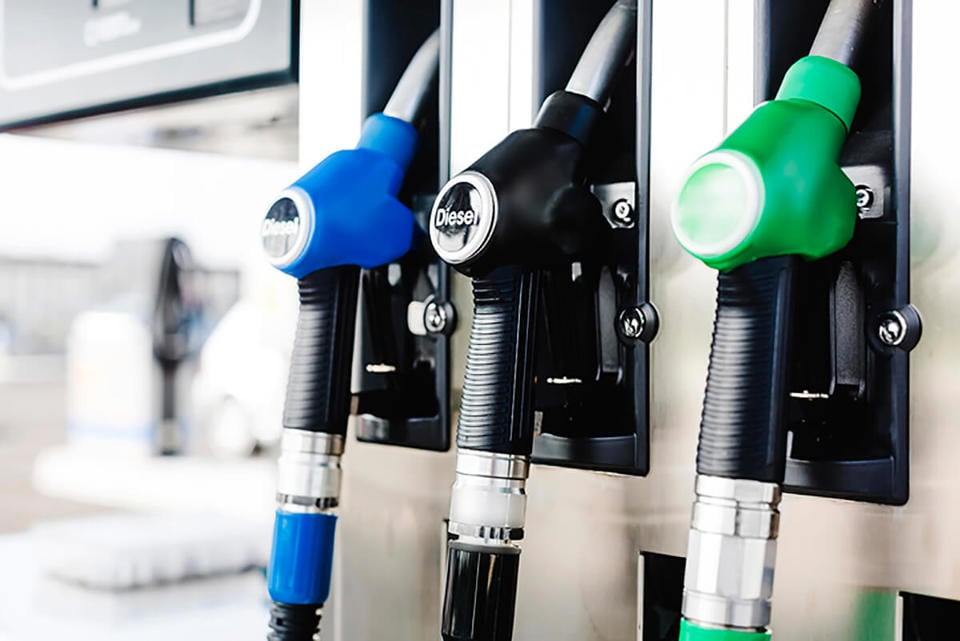Fleets are paying nearly 5p per litre more at the pumps than they did at the start of the year, thanks to a weakening pound and soaring wholesale prices.
The average price of diesel in the UK is now 145.10ppl, up 4.78p from the middle of January when diesel cost 140.32ppl, according to the AA.
Petrol, meanwhile, has risen to 138.32ppl – up 5.61p on a month ago (132.71p). However, further increases are likely.
The AA says that fleets have been caught between “the pincers of a pound weakened against the dollar and soaring wholesale prices”, both due to stock market speculation.
Since the start of the year, the wholesale price of petrol has risen from around $990 a tonne to more than $1,110 a tonne. With $1.62 dollars to the pound at that point, the sterling cost of a tonne of petrol would have risen from £611 to £685, equivalent to a rise of 5.6p a litre.
However, with the exchange rate at the time of writing at $1.55 dollars to the pound, a tonne of petrol now costs £716, boosting the equivalent rise to 7.9p a litre. With VAT, that increase translates into a potential 9.5p-a-litre increase at the pump.
Given that changes in the pump price are usually two weeks behind wholesale, fleets are being partially shielded from the full force of the price rise. However, figures are now starting to suggest that the pace has picked up.
The increase in pump prices comes as the Freight Transport Association (FTA) renewed calls for Chancellor of the Exchequer George Osborne to reduce fuel duty by 3ppl in the Budget on March 20.
It also wants the Government to stimulate investment in low-carbon fuelled vehicles by fixing duel rates for natural gas and biomethane relative to diesel rates for at least 10 years.
However, new HM Revenue & Customs (HMRC) figures show UK diesel sales fell year-on-year in January, down to 1.923 billion litres for cars, haulage and other uses.
This is higher than the all-time low of 1.833bn litres in January 2010, when widespread and extended periods of heavy snow cut road use. But, with petrol sales falling to the lowest level tracked by Government in 23 years, less revenue will be heading to Treasury coffers.
Drivers consumed 1.465bn litres of petrol last month, down 14 million litres on the previous all-time low set in March last year and nearly 100 million litres below December’s consumption (1.564 billion litres).
Against an average of 1.548bn litres in January 2012, last month’s consumption fell 83m litres or 5.4%.
Edmund King, president of the AA, said: “This is the third 10ppl wholesale price surge in 11 months, given extra vigour by currency speculators betting against the pound.
“We hope the Chancellor spells out clearly in the forthcoming Budget that he can feel the pressure rocketing fuel price inflation places on business – and that he will cancel the September rise if that strain is too great.
“After all, with high prices comes more VAT, and many drivers would like him to look at where the real damage to fuel consumption and the tax-take is being done.”
While Osborne will have little appetite to either cut fuel duty or postpone future increases while tax receipts are falling, he has been forced into this action several times already, including scrapping the January 3.02ppl rise.
That was announced in the Autumn Statement, when the Chancellor also revealed that future increases in fuel duty will take effect on September 1 each year for the remainder of the Parliament, rather than April 1.




















Login to comment
Comments
No comments have been made yet.